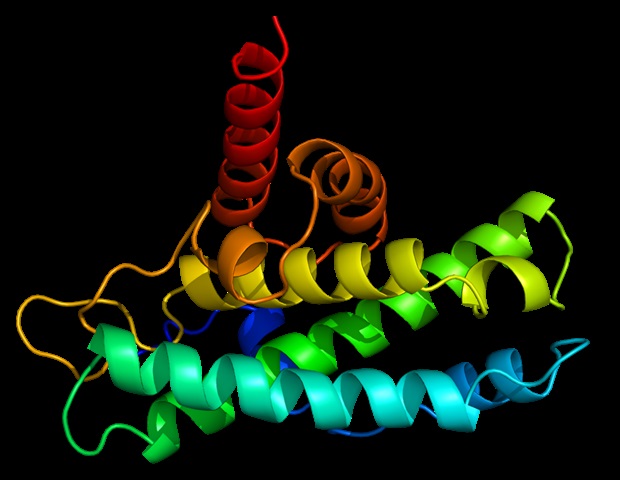
In a groundbreaking review conducted by the Institute of Psychiatry, Psychology & Neuroscience at King’s College London, it has been revealed that 89 to 97 percent of autistic adults aged 40 and over in the UK remain undiagnosed. This comprehensive study, the largest of its kind, underscores the significant health and social challenges faced by middle-aged and older autistic adults compared to their non-autistic counterparts.
The review highlights that these individuals are at a higher risk of experiencing mental and physical health conditions, alongside difficulties in employment, relationships, and overall wellbeing. Despite a fourfold increase in research on ageing within autistic populations since 2012, only a meager 0.4 percent of autism research since 1980 has focused on individuals in midlife or older age.
Unveiling the Underdiagnosis Epidemic
The review, published in the Annual Review of Developmental Psychology, provides a detailed summary of existing research, emphasizing the urgent need for more studies aimed at improving outcomes for this demographic. Supported by the British Academy and the National Institute for Health and Care Research (NIHR) Maudsley Biomedical Research Centre, the study identifies substantial barriers to receiving appropriate healthcare support for older autistic adults.
Dr. Gavin Stewart, British Academy Postdoctoral Research Fellow and lead author of the review, commented on the findings:
“These very high underdiagnosis estimates suggest that many autistic adults will have never been recognised as being autistic, and will have not been offered the right support. This could make them more susceptible to age-related problems, for example being socially isolated and having poorer health.”
The review re-analyzed UK healthcare record data from 2018, revealing that 89 percent of people aged 40-59 and 97 percent of those aged 60 and above are likely undiagnosed. This discrepancy in diagnosis rates between younger and older generations points to a systemic oversight in recognizing autism in older adults.
Health Risks and Social Challenges
The study highlights that middle-aged and older autistic adults face higher rates of nearly all physical and mental health conditions compared to non-autistic adults. These include immune diseases, cardiovascular issues, neurological disorders, gastrointestinal problems, anxiety, and depression. Conditions typically associated with ageing, such as Parkinson’s disease, cognitive disorders, osteoporosis, and arthritis, are also more prevalent among this group.
Particularly alarming is the finding that older adults with high autistic traits are six times more likely to experience suicidal ideation and self-harm. Furthermore, autistic adults are four times as likely to be diagnosed with early onset dementia compared to non-autistic individuals. The average life expectancy for autistic people is 75 years, compared to 81 years for non-autistic people, although these figures may be skewed due to high rates of underdiagnosis.
Barriers to Healthcare Access
Autistic adults often encounter significant barriers when accessing healthcare, having to navigate systems not designed to accommodate their needs. These barriers include communication differences, sensory sensitivities, and a lack of continuity in care. Additionally, there is often uncertainty about which services to access and limited clinician understanding of autism in adulthood.
Beyond health-related challenges, autistic adults also experience poorer outcomes in employment, relationships, and quality of life. High rates of social isolation are prevalent, yet research indicates that strong social support is linked to better quality of life for autistic individuals.
Calls for Comprehensive Research and Support
Professor Francesca Happé, Professor of Cognitive Neuroscience at the IoPPN and co-author of the review, emphasized the global public health implications:
“Understanding the needs of autistic people as they age is a pressing global public health concern. As autistic people age, the nature of the challenges they face changes. We must adopt a lifespan approach that funds long-term research, integrates tailored healthcare, and expands social supports so that ageing autistic people can live happy and healthy lives.”
The review calls for more longitudinal research to directly measure the effects of ageing on autistic individuals. Such studies are crucial for developing a comprehensive understanding of their experiences and improving outcomes as they age.
As the autistic population continues to age, the need for targeted research and policy interventions becomes increasingly critical. Addressing the gaps in diagnosis and support can lead to better health outcomes and improved quality of life for older autistic adults in the UK and beyond.







